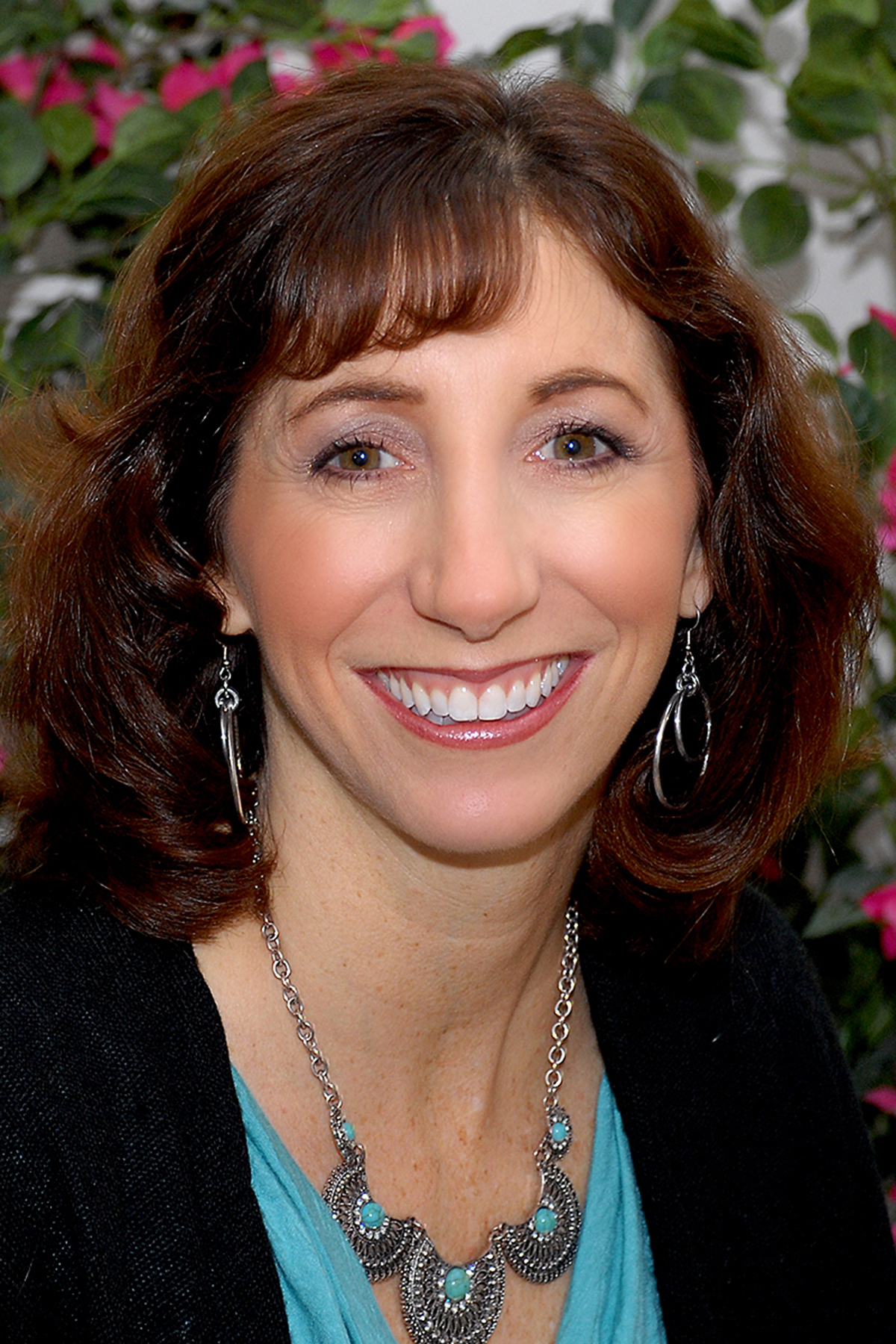01 Nov How to Help Your Child Learn to Swallow a Pill
 What is the best way to teach a child to swallow a pill? There are many techniques parents can try, but everyone agrees that it is a good idea for parents to teach your child to swallow a pill using various techniques before they really need it. A sick or cranky child is not a cooperative student!
What is the best way to teach a child to swallow a pill? There are many techniques parents can try, but everyone agrees that it is a good idea for parents to teach your child to swallow a pill using various techniques before they really need it. A sick or cranky child is not a cooperative student!
The Benefits of Learning How to Take a Pill
1. Parents know the child gets the entire dose
2. Pills hide the flavor of medicines that taste bad
3. Pills are easier to take when traveling
4. Pills do not have to be refrigerated like many liquids.
10 Ways to Teach Your Child to Swallow a Pill
1) Have your child put the pill in his mouth and then drink a glass of water through a straw. With this method, many kids concentrate on the straw and don’t think about the pill, so it goes down easily.
2) In addition to the pill, put a spoonful of applesauce, yogurt, or pudding in his mouth and then have him swallow it all together.
3) Have him chew on a piece of bread or a cookie and then put the pill in his mouth just before he would swallow it.
4) Put the pill under your child’s tongue and then have him drink a glass of water.
5) Have your child practice swallowing smaller things first, before moving on to a pill, such as mini- M&Ms and Tic Tacs. One pharmacist recommended putting a Tic Tac on the tip of the child’s tongue. Place a glass of water filled to the brim on the table. Have the child suck in water from the brim without picking up the glass. About one half mouthful will do. Remove the lips from the glass and quickly tip head back. The “Tic Tac pill” will be washed to the throat and swallowed with the gulp of water without the tongue being involved. The pharmacist claims this method works with kids as young as three years-old. Other experts recommend choosing a favorite drink to practice swallowing with and encourage the child to “guzzle” (drink a lot of) the drink. Experts say one can’t learn to swallow a pill with a small amount of liquid, you need a “big gulp” to wash it down.
6) Put the pill on your child’s tongue and then have him fill his mouth with water, so that his cheeks are full and puff out, and then have him swish it all around and then swallow it all.
7) Some pills are easier to swallow if they are broken into halves. Check with the pharmacist first, however, to make sure a divided pill does not lose its potency.
8) Have the child drink a little water before taking the pill. Tablets and capsules are harder to swallow when the youngster’s mouth is dry (which often happens when they are sick).
9) As long as the pill does not have to be taken on “an empty stomach,” have your child place a little piece of food on their tongue, next to the pill. Next have the child drink some water to swallow the food and the pill usually goes down at the same time. Don’t have your child tilt her head back too far when swallowing as this can sometimes make it more difficult for the pill to go down.
10) Another way to get a child to swallow a pill is to stick it in a cube of Jell-O TM. The pill will usually slide down easily with Jell-O.
Like many things in life, the younger you learn to do something, the easier it is. The old adage, “can’t teach an old dog new tricks” is true, young children are excited about trying new things and accomplishing milestones, so put pill swallowing on the list.
How Parents Can Help Their Kids
• Keep a calm and positive attitude.
• Be patient. Many typical children can’t accomplish pill-swallowing until their late teens!
• Show the child how to swallow pills calmly and quickly.
• It is best to work in short sessions (5-10 minutes) several times a day over a couple of days. Then, the child won’t be discouraged and the parents won’t lose their patience.
• Eliminate distractions during medicine taking time. Close the door, turn the TV off, etc. allowing the child to concentrate on the job at hand.
• If the child gags or vomits, be calm and clean up the mess in a matter-of-fact way. Let the child settle down and try again in 10 or 15 minutes.
• Give plenty of praise, such as “Oh good for you! You swallowed it right down. Easy peasy.” Avoid negative comments like “Only babies take liquid medicine.” These comments rarely motivate children to try harder. Bachelor of Science in psychology from the University of Illinois at Urbana-Champaign. Dori has worked with children, adolescents, and families since 1994 in several areas of social work including: foster care, schools, hospitals, and private practice. She earned her Type 73 school social work certification in 1997 and has worked with children of all needs in the public schools for 7 years. She knows the importance of collaborating with parents, teachers and school staff (with parental consent) to provide the most beneficial services. Dori has also been interviewed on ABC and NBC news as an expert discussing therapeutic topics and articles she has written. As a wife and mother of three, she understands the challenges and rewards of raising children and is compassionate about helping children and families navigate the difficult times. Dori prides herself on being a valuable coach and “cheerleader” to the families she serves and strives to give families the tools they will need to improve their quality of life long after therapy ends. As a wife, and mother of three, she understands the challenges and joys of raising children and works with you every step of the way.

Dori has provided therapeutic services to children, adolescents, adults, and families since 1994 in several areas of social work including foster care, schools, hospitals, and private practice. She earned her Master of Social Work from The University of Illinois at Chicago’s Jane Addams College of Social Work in 1997 and her Bachelor of Science in psychology from the University of Illinois at Urbana-Champaign.
She is an Amazon best-selling author and a professional speaker who has been interviewed on ABC, NBC, various podcasts, and radio shows as an expert discussing therapeutic topics and her published works.
Dori offers speaking presentations on various therapy-related topics including, but not limited to anxiety, depression, ADHD, executive functioning, life transitions, effective communication, parenting strategies, work/life integration, and even staying sane while staying informed. She also speaks to businesses and business owners about the importance of hiring for company cultural fit, networking, leadership, and business growth. As a multi-location private therapy practice owner, she provides a culture of accountability, compassion, and creativity, emphasizing the importance of collaboration (with client consent) with parents, teachers, and other professionals to provide the most beneficial services to achieve maximum results for all clients to translate to every aspect of their lives.
As a mother of three, she knows the excitement and challenges of navigating parenting, behavioral and emotional distress, social pressures and rejection, academic successes and struggles, and identity formation. Dori is passionate about providing clients with the tools they need to navigate the challenges they face now to improve their quality of life long after therapy ends.



No Comments